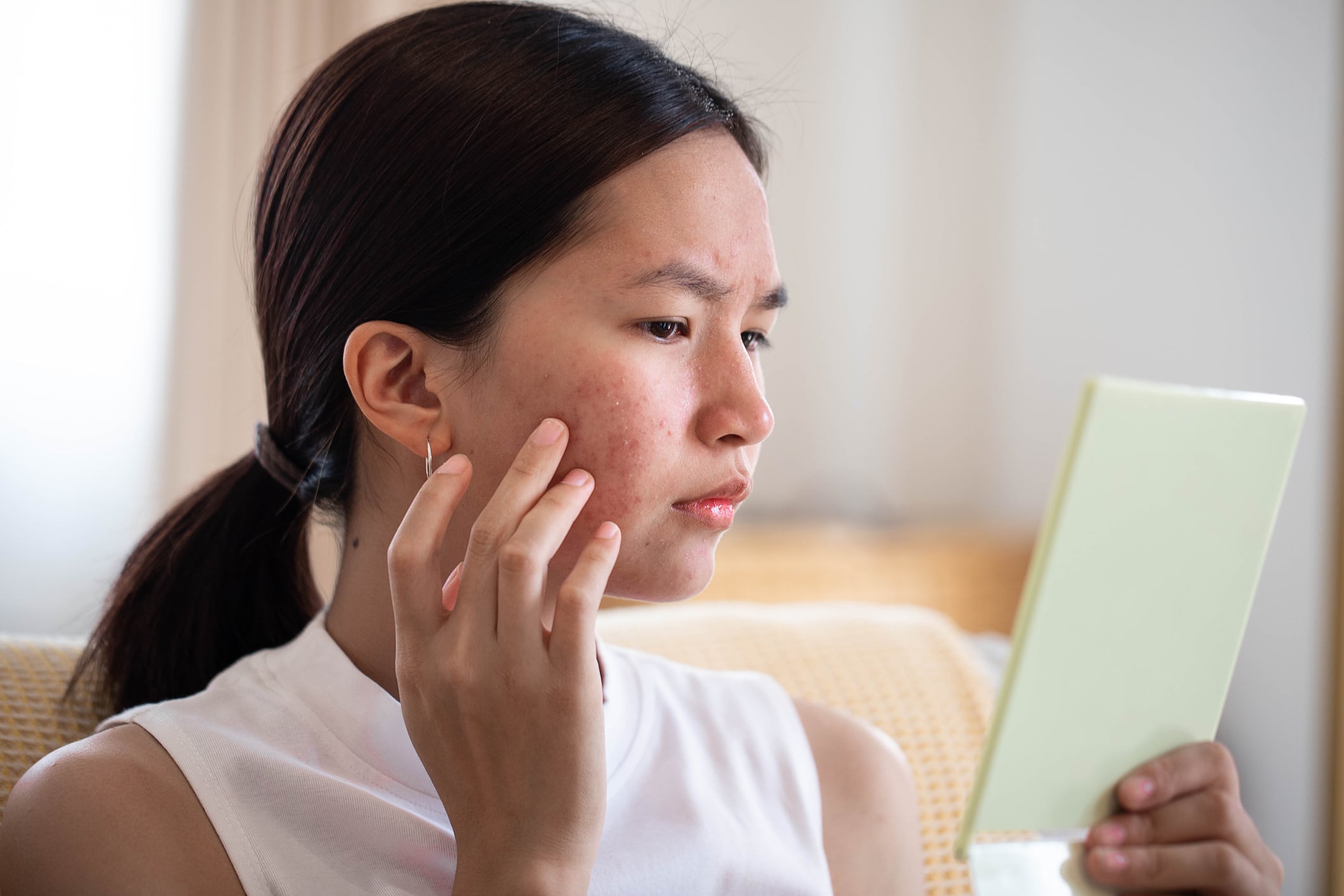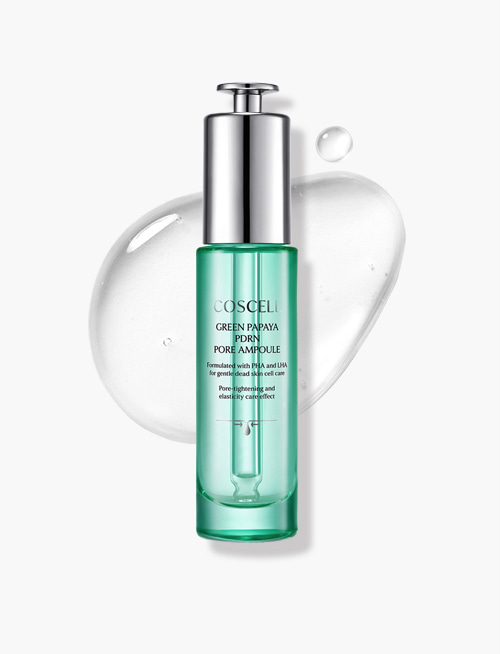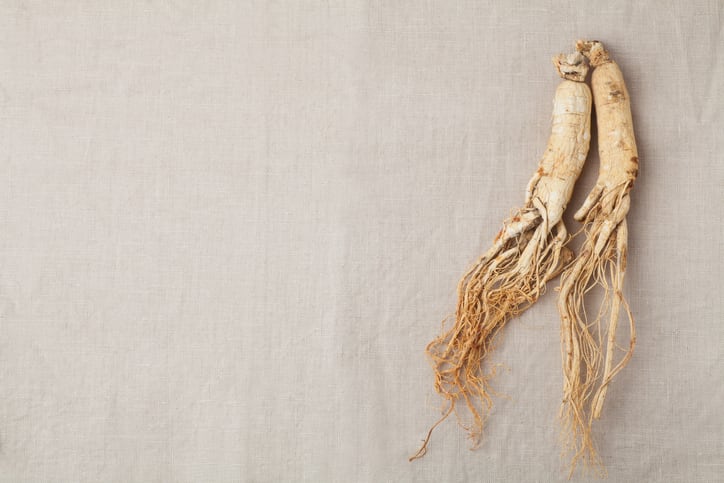The compound is a patented blend of thymol, a monoterpene from thyme, and Curcuma turmerones, aromatic compounds from turmeric.
According to the study’s researchers, it provided rapid and long-lasting bactericidal action against Cutibacterium acnes (C. acnes) — a key driver of acne — and significantly reduces inflammation in lab models.
They further said Acnocure maintained its efficacy for up to 24 hours, and offered both antimicrobial and anti-inflammatory benefits in a skin-friendly, cosmetic-grade serum formulation.
A move away from antibiotics
Most existing acne treatments rely on antibiotics like erythromycin and clindamycin. However, overuse has led to antimicrobial resistance and disruption of the skin’s microbiome. According to the study’s authors, Acnocure represents a much-needed shift toward natural, non-antibiotic alternatives.
Acnocure’s plant-derived ingredients tap into global demand for clean, natural skincare. Thymol is widely found in herbs like thyme and oregano, while Curcuma turmerones are extracted from turmeric species.
Both are known for their antimicrobial and anti-inflammatory properties, but based on the study, the L’Oréal team said their combination in Acnocure led to a synergistic effect greater than either compound alone.
Fast, lasting kill against acne bacteria
The study used time-kill curve tests to assess Acnocure’s effect on C. acnes. In a serum formula, two different Acnocure concentrations — one with 0.25% thymol and 0.1% turmerone, and the other with 0.1% of each — achieved a 4.7-log reduction in bacteria within two hours. This translated to a 99.998% kill rate.
Both formulas sustained their effects for 24 hours. Results were consistent at both skin pH (5.5) and neutral pH (7.2), mimicking real-world use conditions.
The researchers noted that kill rate and duration of effect were nearly identical to their benchmark serum, which showed Acnocure’s potential to replace synthetic actives in cosmetic acne treatments.
Antimicrobial activity and reduced inflammation
Beyond C. acnes, Acnocure was tested against three other skin-related bacteria. The results showed strong inhibition at low concentrations, with minimum inhibitory concentration (MIC) values ranging from 0.11 to 0.47 mg/mL. This indicated broad-spectrum efficacy, important for managing acne-prone skin where multiple microbial species can contribute to flare-ups or secondary infections.
Additionally, Acnocure’s anti-inflammatory potential was tested in two in vitro systems: a human macrophage model using LPS-stimulated U937 cells, and a dermal fibroblast model stimulated with IL-1α. These models mimicked the inflammatory response seen in acne lesions.
In both tests, Acnocure and its individual components reduced five key inflammation markers, including PGE-2 a fatty acid compound that triggers redness, swelling and pain. At just 1 µg/mL, thymol and Curcuma turmerones each showed strong inhibition of PGE-2. In the fibroblast model, both actives achieved over 90% reduction in PGE-2 release at concentrations as low as 2 µg/mL.
Cosmetic formulation breakthrough
One of the challenges in working with lipophilic (oil-loving) compounds like thymol and turmerones is that they typically make formulations cloudy or greasy.
The L’Oréal team developed a transparent oil-in-water serum by carefully solubilising the actives with surfactants, allowing them to maintain high efficacy and consumer-friendly aesthetics.
Two serum prototypes were created and tested — Cosmetic Simplex 1 (0.25% thymol, 0.1% turmerones) and Cosmetic Simplex 2 (0.1% of each). A third placebo formulation without actives was also tested. Only the active-containing versions showed antibacterial or anti-inflammatory effects.
Implications for manufacturers and suppliers
For ingredient suppliers, Acnocure’s performance signals commercial potential in the fast-growing natural anti-acne segment. The study also points to several near-term opportunities, such as replacing synthetic corticosteroids and antibiotics in OTC (over-the-counter) anti-acne products.
Other opportunities include meeting consumer demand for ‘clean’, plant-based skincare, reducing the risk of resistance and microbiome disruption, and offering a stable active for serums and emulsions.
Furthermore, Acnocure is protected under patent and may be licensed or scaled by industry partners. The team also emphasised its ability to deliver efficacy in low concentrations, making it suitable for daily-use skincare.
Next steps
While in vitro results were promising, the authors called for in vivo trials in individuals with mild to moderate acne. Future research will also investigate whether Acnocure affects sebum production, another major factor in acne development.
The study’s authors noted that there was early evidence that C. acnes influenced sebaceous activity through androgen signalling. It would, therefore, be valuable to test Acnocure’s effect on sebocytes in a clinical setting.
If successful, Acnocure could be positioned not just as an anti-acne agent but as a broader skin health active for inflammatory and microbiome-sensitive conditions.
They concluded: “These promising results position thymol and Curcuma turmerones as natural alternatives for the replacement of synthetic corticosteroids and antibiotics with potent skincare properties. Looking ahead, the shift towards natural individualised acne therapies is arguably driven by advancements in fields like microbiome research and personalised medicine, and promises to revolutionise acne treatment and minimise side effects.
“New alternative treatments involving microbiome-modifying therapies represent a paradigm shift in acne treatment and will form the next generation of ecobiological anti-inflammatory treatments to restore balance and skin health to the skin.”
Source: Cosmetics
“Acnocure, a Synergistic Anti-Microbial and Anti-Inflammatory Combination of Thymol and Curcuma Turmerones, Formulation and Time-Kill Studies Against C. acnes”
https://doi.org/10.3390/cosmetics12020037
Authors: Steve Thomas Pannakal, et al.




